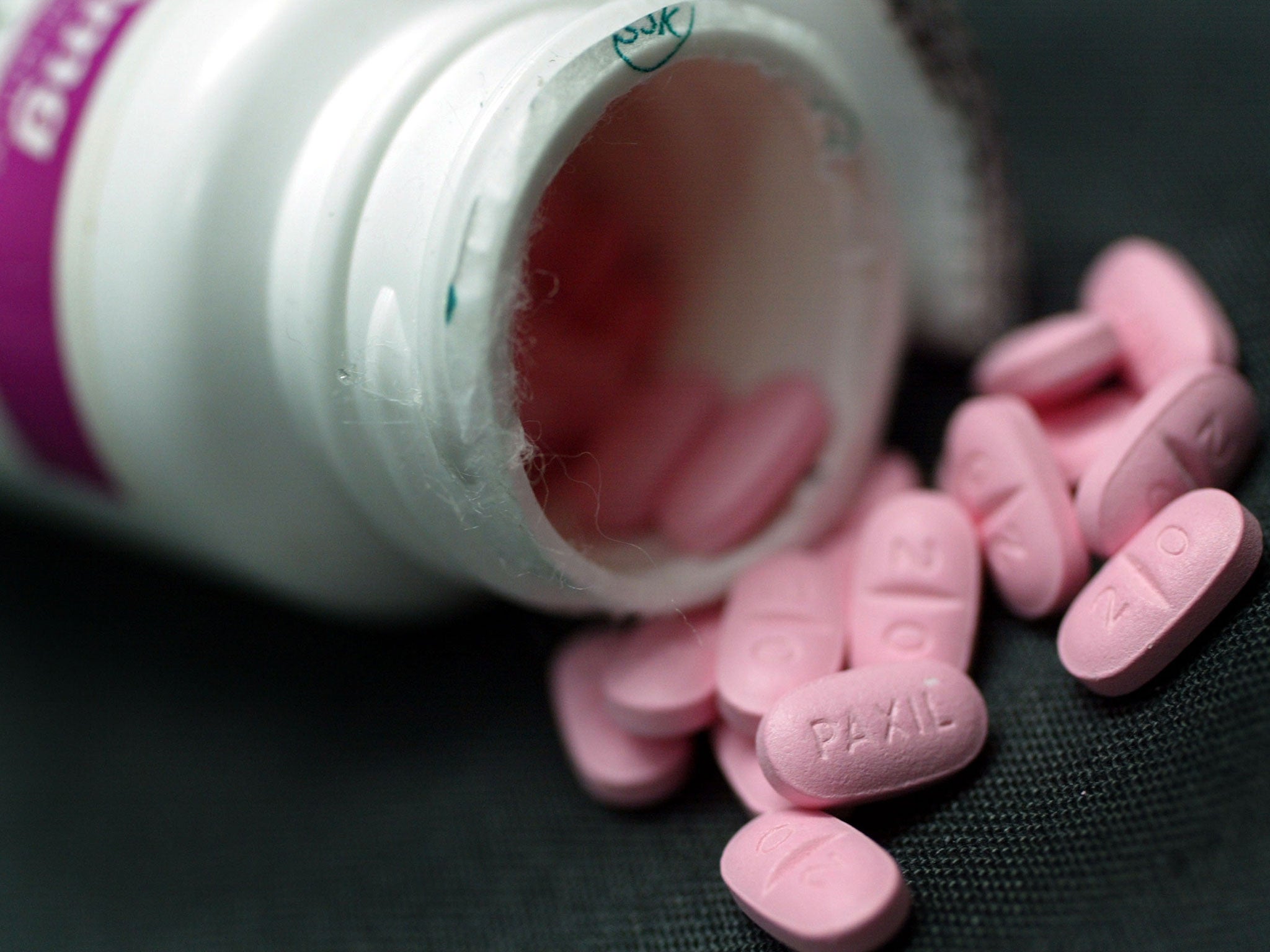Number of children prescribed anti-depressants increases by 50% in seven years
World Health Organistaion says use of drugs to treat children is concerning

Your support helps us to tell the story
From reproductive rights to climate change to Big Tech, The Independent is on the ground when the story is developing. Whether it's investigating the financials of Elon Musk's pro-Trump PAC or producing our latest documentary, 'The A Word', which shines a light on the American women fighting for reproductive rights, we know how important it is to parse out the facts from the messaging.
At such a critical moment in US history, we need reporters on the ground. Your donation allows us to keep sending journalists to speak to both sides of the story.
The Independent is trusted by Americans across the entire political spectrum. And unlike many other quality news outlets, we choose not to lock Americans out of our reporting and analysis with paywalls. We believe quality journalism should be available to everyone, paid for by those who can afford it.
Your support makes all the difference.The number of children in the UK prescribed anti-depressants increased by more than 50 per cent between 2005 and 2012, according to a new study.
The World Health Organisation (WHO) said the use of the drugs to treat young people was a concern, the BBC said.
After fears that anti-depressants could lead to suicidal behaviour in young people, usage in Britain fell, but the study suggests there has been a resurgence in the UK as well as in other Western countries.
Commenting on the results, WHO director of mental health Dr Shekhar Saxena said: “Anti-depressant use amongst young people is and has been a matter of concern because of two reasons.
”One, are more people being prescribed anti-depressants without sufficient reason? And second, can anti-depressants do any major harm?“
He also said that the organisation was worried that young people were being given drugs not licensed for under-18s.
The study, ”Trends and patterns of antidepressant use in children and adolescents from five western countries, 2005-2012“, is published in the European Journal of Neuropsychopharmacology.
In the period examined, there was a 54% increase in the number of young people prescribed anti-depressants in the UK.
This is compared with rises of 60% in Denmark, 49 per cent in Germany and just 26 per cent in the US and 17 per cent in the Netherlands, the BBC said.
The National Institute for Health and Care Excellence (NICE) guidelines say the drugs should not be used to treat mild depression in children.
Even when they are used to treat a child with moderate to severe depression, they should not be used except in combination with a concurrent psychological therapy.
Dr Maureen Baker, chairwoman of the Royal College of GPs, said anti-depressants would rarely be the first treatment option for children and young people.
”But with such long waits for patients to see a specialist or to get a psychological therapy referral, drug therapy is sometimes seen as the only option for GPs to best support patients, who may be in extreme distress, and their family,“ she said.
”We have been recommending for some time that in future, as part of an enhanced four-year training programme, all GP trainees should receive specialist-led training in mental health and child health.
“These measures truly would help to ensure that our young patients with mental health conditions receive the most appropriate treatment, and the same level of care as those with physical health problems, wherever in the country they live.”
PA
Join our commenting forum
Join thought-provoking conversations, follow other Independent readers and see their replies
Comments